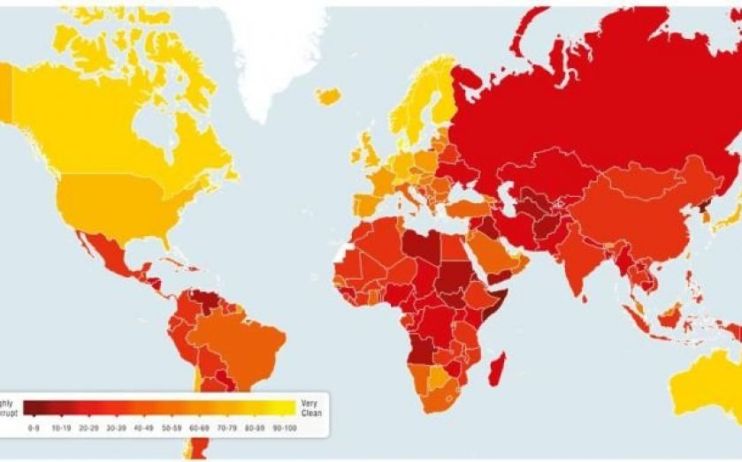UK Bribery Act 10 years on: Have City firms improved their anti-corruption conduct?

Today it is ten years ago that the UK Bribery Act 2010 came into force, on 1 July 2011. What has changed?
The law presented itself as a radical and comprehensive overhaul of UK anti-bribery and corruption law, while its introduction was spearheaded by the Ministry of Justice and Serious Fraud Office (SFO), looking to take practical steps to aid in the prevention of bribery and corruption.
“Overall, ten years on, the UKBA can be viewed as a power tool in the hands of UK regulators. More than just clarifying existing law, it was an ambitious embarkment to redo UK anti-bribery and corruption laws from the ground up, ensuring a comprehensive span of protection, offences, and penalties,” said London-based Laura Ford, partner at DLA Piper.
“It has also paved the way for increased collaboration between UK and international prosecutors and regulators,” she told City A.M.
New offences
The law ambitiously sought to scrap the vast majority of the common law bribery offences, and instead created several new offences: the offence of bribing another person, the offence of being bribed, bribery of a foreign public official, and important for corporate entities: the offence for commercial organisations of failing to prevent bribery, the so-called corporate offence.
The scope of those who can be caught by these offences was also extended to apply to the public and private sectors.
A freedom of information request from DLA Piper has revealed that by 2020 only two out of 99 convictions achieved since its introduction were against a corporation under the corporate offence.
“This perhaps says more about the Act’s utility as a device for prosecuting corporations, than it does for prosecuting individuals,” said Patrick Rappo, partner at DLA Piper and former head of the bribery & corruption divisions at the SFO.
“Rather than directly seeking to prosecute corporations, perhaps it serves better as a stick with which to encourage corporations to cooperate with their regulators, and the development and keeping of effective anti-bribery policies,” he noted.
Improvement in conduct
In the last ten years, the Act has expanded the territorial scope of potential anti-bribery enforcements; granting UK courts the jurisdiction to preside over bribery offences committed abroad by individuals and entities which can be linked to the City as well as the rest of the UK.
A review of the legislation by a House of Lords’ Select Committee concluded that, almost 10 years on, it is still “…particularly effective, enabling those in a position to influence a company’s manner of conducting business to ensure that it is ethical.”
“There has been a general improvement in conduct and a continued scrutiny of the effectiveness of a company’s internal anti-bribery and corruption procedures and much if this can be ascribed to the provisions of the UKBA,” Ford concluded.